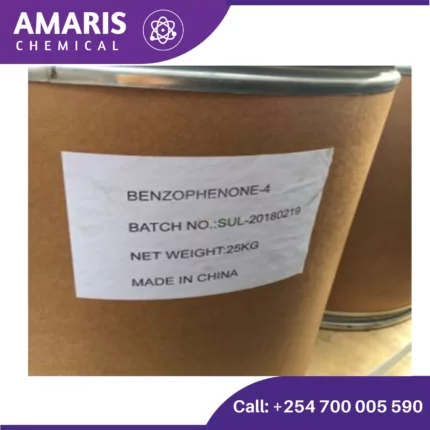
Methoxy benzophenone Sulfonic Acid
$39,000.00 Original price was: $39,000.00.$38,000.00Current price is: $38,000.00.
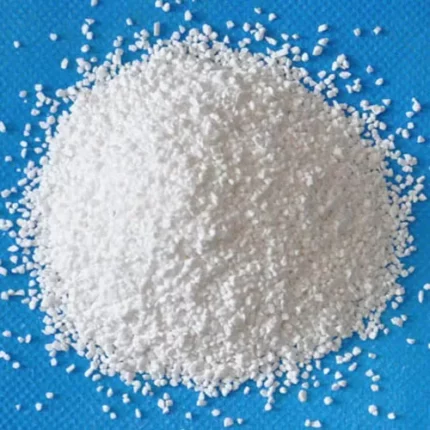
Sodium dichloroisocyanurate (C3N3O3Cl2Na)
$8,500.00 Original price was: $8,500.00.$8,300.00Current price is: $8,300.00.
Acesulfame K
Whatsapp Order
Acesulfame potassium (acesulfame K) is a high-intensity, calorie-free artificial sweetener. It is about 200 times sweeter than sugar and is heat-stable, making it suitable for cooking and baking.
Uses:
- Food & Beverages: Commonly used in soft drinks, baked goods, dairy products, and chewing gum.
- Pharmaceuticals: Added to medicines to improve taste.
- Tabletop Sweeteners: Found in sugar substitutes, often blended with other sweeteners like aspartame or sucralose.
SKU:
ACS86169CHEM0
Category: OTHERS
Description
Acesulfame potassium (acesulfame K) is a high-intensity, calorie-free artificial sweetener. It is about 200 times sweeter than sugar and is heat-stable, making it suitable for cooking and baking.
Uses:
- Food & Beverages: Commonly used in soft drinks, baked goods, dairy products, and chewing gum.
- Pharmaceuticals: Added to medicines to improve taste.
- Tabletop Sweeteners: Found in sugar substitutes, often blended with other sweeteners like aspartame or sucralose.
Reviews (0)
Be the first to review “Acesulfame K” Cancel reply
Related products
Ammonia solutions 33kg 33%conc
Ammonia solution is a solution of ammonia (NH3) gas dissolved in water. It is a clear, colorless liquid with a pungent odor and a basic pH. The concentration of ammonia in the solution can vary, and is typically expressed in terms of percent by weight or by volume.
Ammonia solutions are commonly used in a variety of applications, including cleaning agents, fertilizers, and as a precursor to other chemicals. They are also used in industrial processes such as refrigeration, gas purification, and water treatment. Ammonia solutions can be dangerous if not handled properly, as they are highly corrosive and can release toxic fumes if mixed with certain chemicals
Calcium Hypochlorite(chlorine) Aquafit
Calcium hypochlorite, also known as chlorine powder, is a chemical compound used for various purposes. Calcium hypochlorite is a white or grayish-white powder with a strong chlorine-like odor. It is a chemical compound that contains calcium, oxygen, and chlorine, and is often used as a disinfectant and bleaching agent due to its ability to release chlorine gas when dissolved in water. Calcium hypochlorite is highly reactive and must be handled with care, following proper safety procedures to avoid potential health hazards or accidents.
Caustic Soda Flakes 25 kg bags
Caustic Soda Flakes (Sodium hydroxide,) commonly known as caustic soda or lye, is a highly caustic and alkaline compound that is used in various industries for its strong basic properties, including the production of soaps, detergents, and paper. It is a white, odorless solid that is highly soluble in water and can be extremely hazardous if not handled properly. Sodium hydroxide is a strong base that can cause severe burns and tissue damage upon contact with skin and other organic matter.
Caustic Soda Pearls 25 kg bag
Sodium hydroxide, commonly known as caustic soda or lye, is a highly caustic and alkaline compound that is used in various industries for its strong basic properties, including the production of soaps, detergents, and paper. It is a white, odorless solid that is highly soluble in water and can be extremely hazardous if not handled properly. Sodium hydroxide is a strong base that can cause severe burns and tissue damage upon contact with skin and other organic matter.
Ceto Stearyl Alcohol (50:50) 25 kg bag
Ethyl Glycol 190 kg Drum
Ethyl glycol, also known as ethylene glycol monethyl ether or 2-ethoxyethanol, is a clear, colorless, and slightly viscous liquid with a mild, sweet odor. It is a solvent commonly used in various industries, such as paints and coatings, cleaning products, and printing inks, as well as in the production of resins, lacquers, and pharmaceuticals. Ethyl glycol has a chemical formula of C4H10O2 and a molecular weight of 90.12 g/mol. It is important to handle ethyl glycol with care, as it can be toxic if ingested, inhaled, or absorbed through the skin


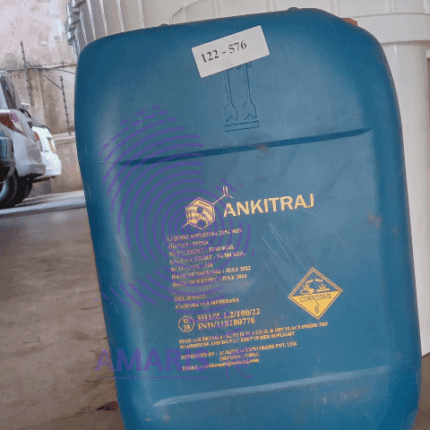
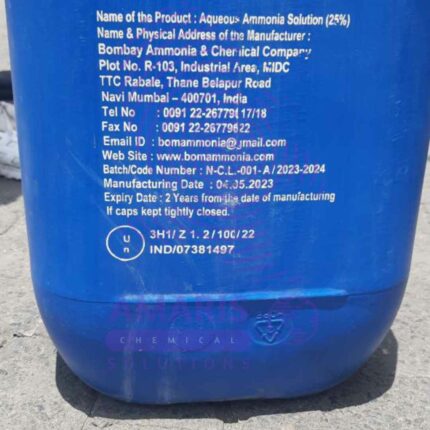
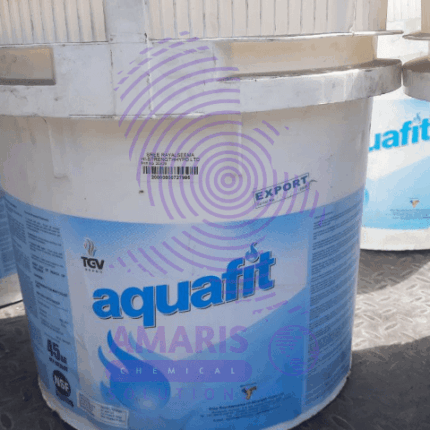
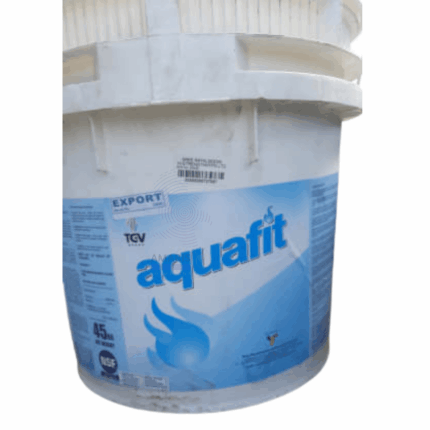
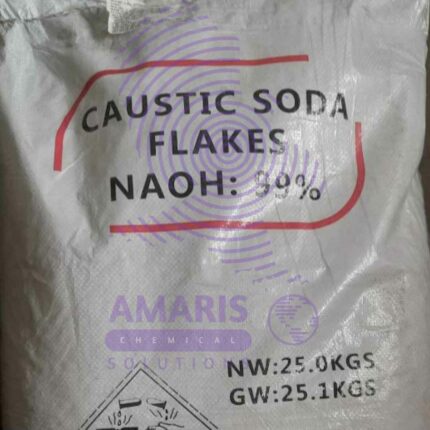
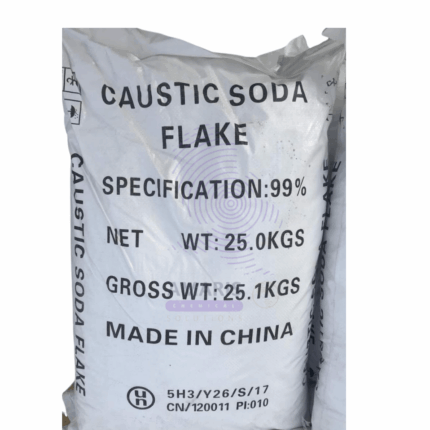
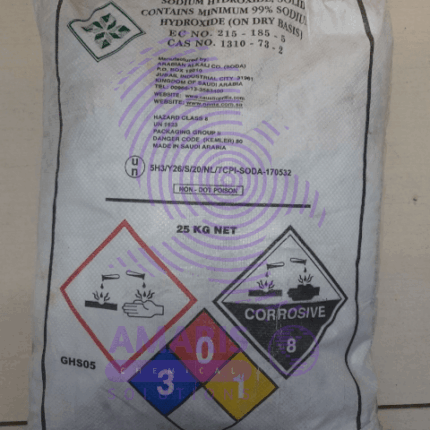
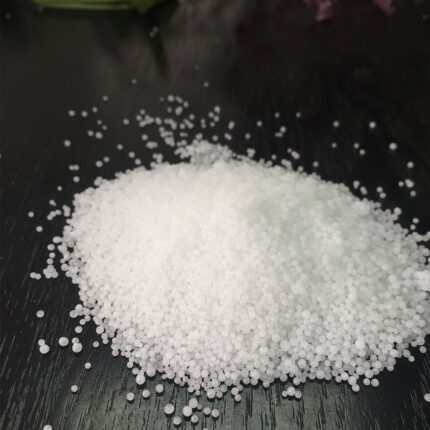
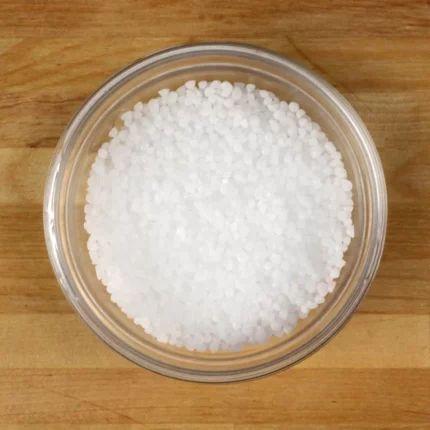
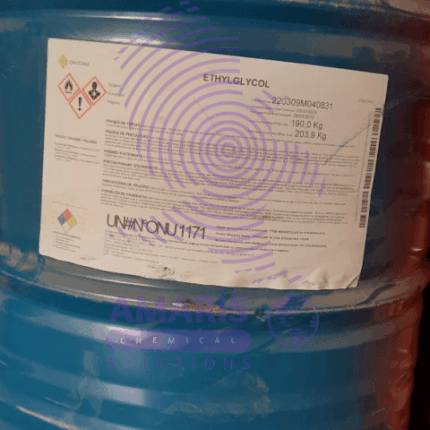
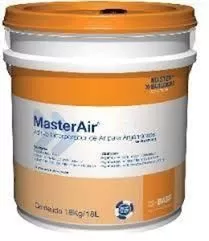














Reviews
There are no reviews yet.